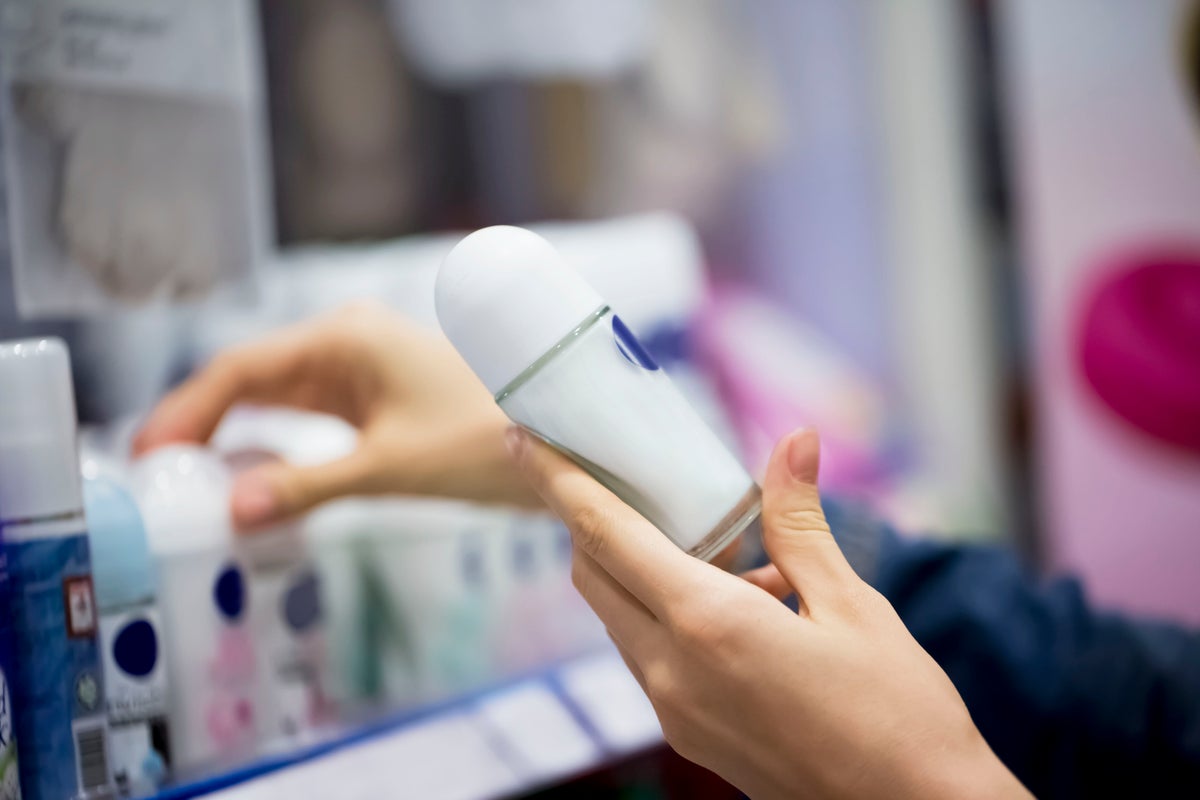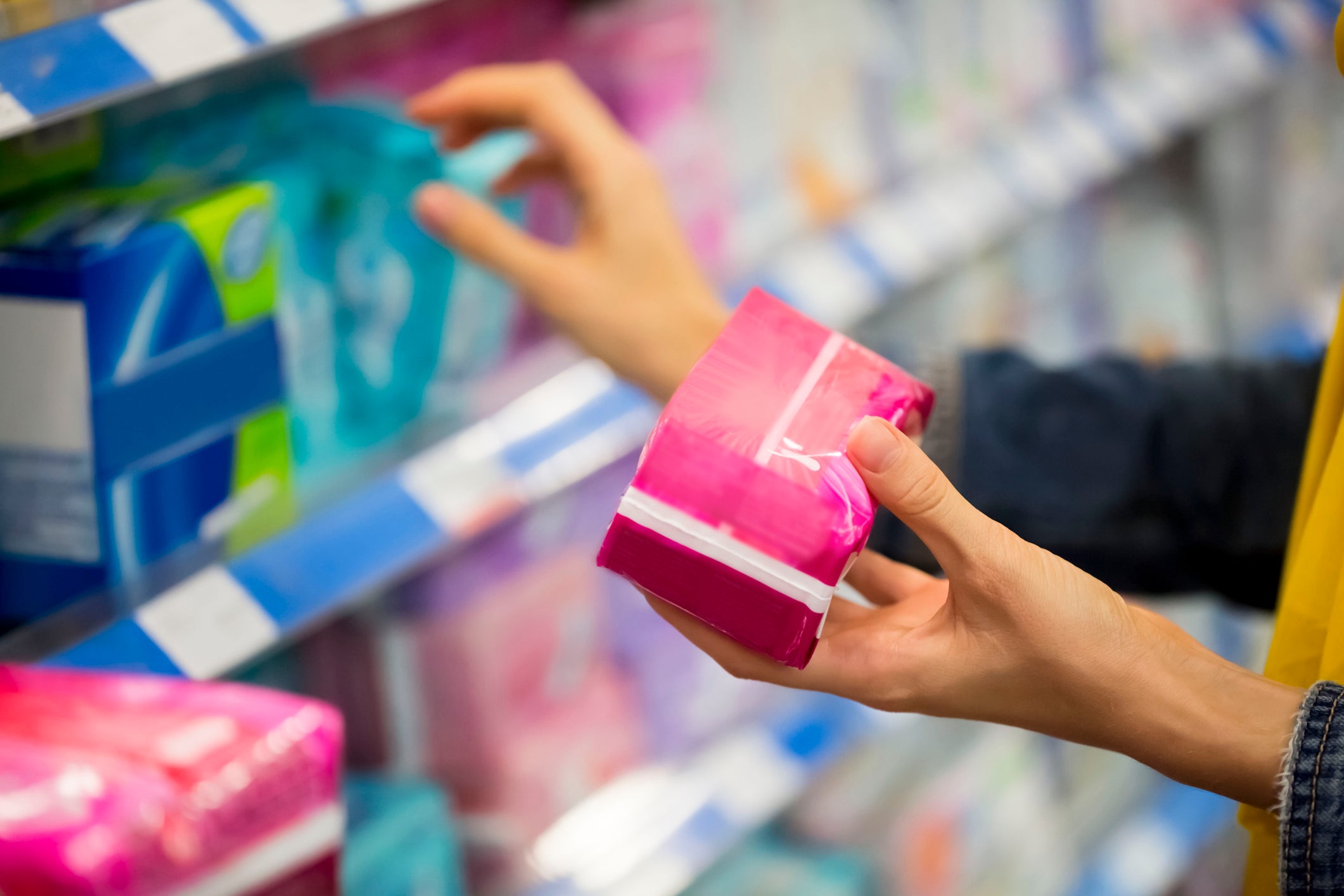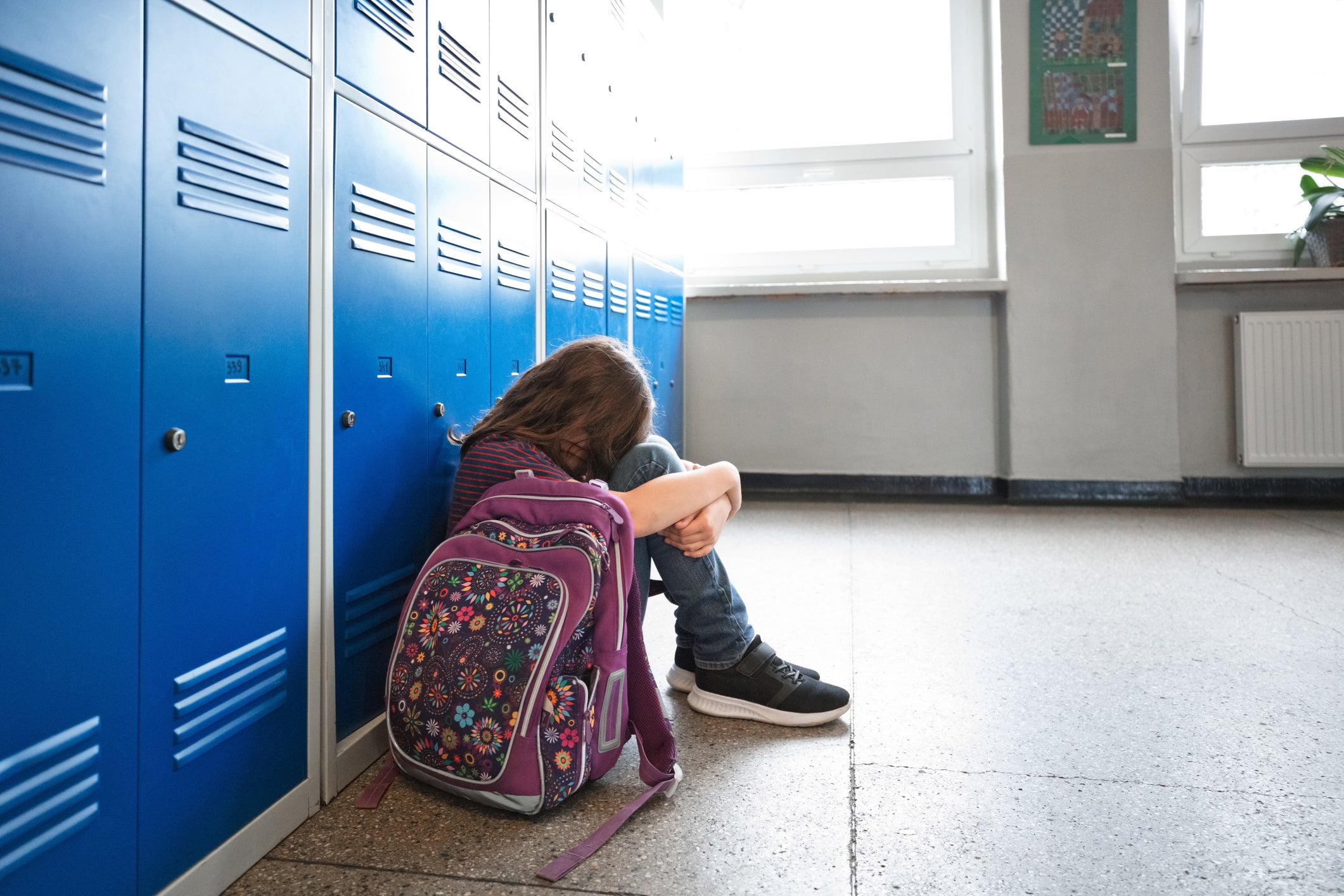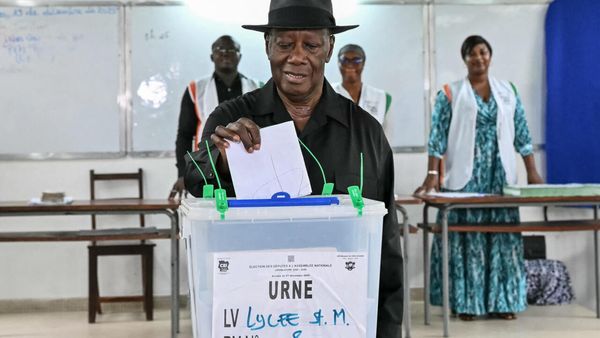
When Sophia’s* daughter started to go through puberty, going to school became a constant source of anxiety. But the issue wasn’t with her lessons or homework - it was that she was worried she would smell.
The 9-year-old is one of millions of people in the UK who are being held back because they cannot afford the essential hygiene products they need as the cost of living crisis has hammered British households.
Alarming figures released by charities In Kind Direct and The Hygiene Bank show that children are also feeling the devastating effects of hygiene poverty.
Research shows one in ten children have missed school due to to it, while 21 per cent of children living in hygiene poverty avoid playing with others for fear of being judged, 26 per cent suffer from low self-confidence, and 17 per cent feel embarrassed and ashamed.
Charity leaders have warned hygiene poverty is “the smoke before the fire”, with many having to go without basics such as toothpaste, shampoo and washing powder before they go to a food bank.
For Sophia, the childcare struggle with hygiene poverty began when having children made it harder for her to work as many hours in childcare.
The mother-of-three has often gone without things such as sanitary towels because she cannot afford them, and instead had to use a tissue.

But when her daughter began to hit puberty, she saw the effect of child poverty on her too.
“Getting deodorant for my daughter is hard with the prices of it sometimes, getting that means not getting something perhaps more vital,” the 34-year-old from Essex, whose name has been changed, said.
“I’ve had to pick and choose what I’m getting that month or that week. Which then has meant I’ve not wanted to go out because I’m so self conscious about whether the tissue will work and the embarrassment.
“My daughter gets worried about going to school because she’s worried she smells, she doesn’t want to get too close to people. She doesn’t want to join in PE incase she sweats. It’s horrible as a parent to know she’s going through that when she shouldn’t be - because it shouldn’t be this difficult.”
“Since she started puberty we’ve had deodorant on and off. She’s very aware of her own smell, so she showers a lot more often than most. She’s constantly worried if she smells and won’t go too close to her friends because she doesn’t want them to smell her.
“It affects her friendships because she seems distant at times but its because she’s so paranoid someones going to say something horrible.”
Hygiene poverty means being unable to afford everyday items such as toothpaste, shower gel or period products.

In Kind Direct and The Hygiene Bank say hygiene poverty is “undermining the health, education and employment of millions of families across the UK” and warn that without intervention, thousands more people will be pushed into hygiene poverty by 2030.
“Hygiene poverty is the smoke before the fire. Before people go to a food bank, before they go hungry, they have often gone without many basics - toothpaste, shampoo, washing powder,” Micheal Gidney, CEO at In Kind Direct, said.
“No parent should have to send their child to school without brushing their teeth, and no-one should miss out on opportunities because they can’t afford soap or period products. This is a scandal that shouldn’t exist, and together with The Hygiene Bank, we are launching a campaign to end hygiene poverty for good.”
Ruth Brock, CEO at The Hygiene Bank, said: “By joining forces with In Kind Direct, we are determined to shine a light on this hidden crisis and build the roadmap to end hygiene poverty once and for all. This is not an inevitable part of life in Britain – together, with government, businesses and communities, we can and must end it.”
Together, the charities have launched a new mission to end hygiene poverty by 2030. Find out more here.







